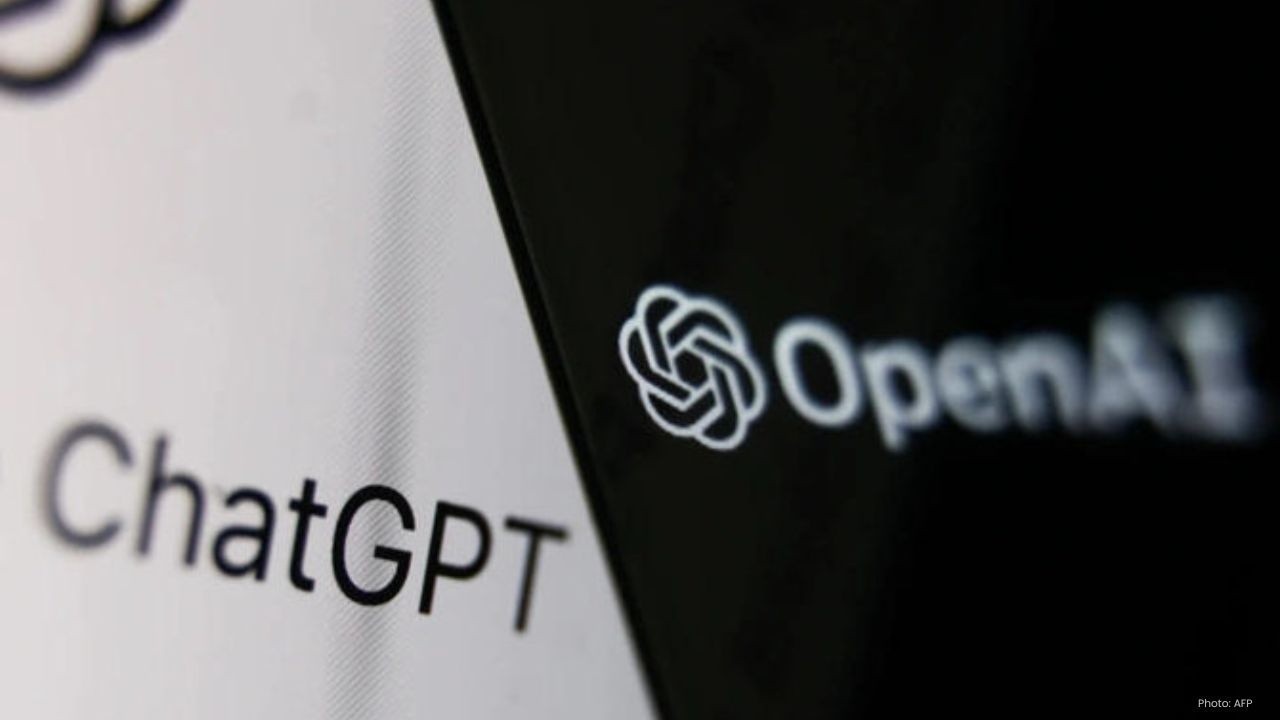
Post by : Anis Karim
Buy Now, Pay Later (BNPL) services have exploded in popularity over the last few years, promising a seamless and interest-free way to split payments across weeks or months. Platforms like Klarna, Afterpay, Tabby, and others have partnered with major retailers, integrating payment options directly into e-commerce checkouts. For consumers, it sounds like a dream: get what you want now, pay later, no questions asked. But what happens when convenience masks consequences? What appears to be “free money” often comes with strings attached, especially when users don’t fully understand the fine print. From late fees to debt spirals, the hidden costs of BNPL are causing growing concern among financial experts and consumer rights organizations.
BNPL platforms allow users to divide their purchase—often interest-free—into multiple smaller payments. A common structure is four equal installments over six weeks. In theory, this is more manageable than dropping a lump sum all at once. This micro-credit model is targeted heavily at millennials and Gen Z shoppers, who are typically more debt-averse than previous generations and have less access to traditional credit cards.
Retailers love BNPL too. Studies show that shoppers who use BNPL spend more per transaction and check out more frequently. The model boosts conversion rates and average cart sizes, making it a win for e-commerce companies. The platforms, in turn, earn revenue from retailers through transaction fees and from users via penalties.
The phrase “interest-free” is a powerful marketing hook. However, that doesn’t mean the service is truly cost-free. If you miss a payment or don’t have sufficient funds in your account, BNPL providers can charge late fees, failed payment fees, and in some cases, pass on debt to collection agencies.
Some platforms may eventually introduce interest-based models, especially for higher-ticket purchases or longer repayment plans. Even when no interest is charged, penalties add up quickly—often more than traditional credit card interest rates would have cost over the same period.
Additionally, some users misunderstand how BNPL affects their finances. They may stack multiple purchases across platforms and lose track of repayment schedules. Unlike credit cards, BNPL does not typically require a full credit check, meaning it’s easier to get into without financial scrutiny—and easier to misuse.
Globally, governments and financial regulators are waking up to the potential dangers of unregulated BNPL lending. In the U.S., the Consumer Financial Protection Bureau (CFPB) launched an investigation into BNPL firms for opaque terms and lack of consumer protections. In the UK, lawmakers are drafting tighter rules around transparency, affordability checks, and clear disclosures.
The lack of oversight has created a grey zone where consumers don’t enjoy the same protections as they would with credit cards or loans. For example, refund disputes can become complicated when BNPL is involved, especially if the provider has already paid the merchant.
In the UAE and other parts of the GCC, BNPL is expanding rapidly. Local platforms such as Tabby and Tamara are gaining traction, but regional regulators are still evaluating how to legislate this new form of lending. Financial literacy and awareness campaigns are urgently needed to ensure users know what they’re signing up for.
BNPL plays on the psychology of affordability. When an expensive item is divided into four or six payments, it appears more reasonable—even if you still wouldn’t be able to afford it outright. This illusion of affordability can push people into impulse spending or lifestyle inflation.
Researchers call this the “pain of paying” effect. Paying smaller amounts over time feels less painful than paying a large amount upfront, even if it’s the same cost. Retailers understand this dynamic and use BNPL options strategically to increase consumer spending.
The risk? Accumulated debt. Users juggling multiple purchases across different platforms may end up owing hundreds—or thousands—without realizing it. And because the amounts are small, they may not even register as “real debt” in the minds of consumers.
Here’s where the “interest-free” illusion falls apart. Missed or delayed payments typically incur penalty fees. Some platforms charge a fixed amount per late payment, while others apply a percentage. These can add up, especially when multiple missed payments stack over time.
In certain cases, your debt may be passed to a third-party collection agency. Not only does this impact your credit score (if the platform reports to bureaus), but it can also lead to aggressive collection tactics. And unlike traditional lenders, BNPL providers often lack standardized hardship policies or repayment plans.
Worse, because many BNPL providers don’t report to credit bureaus initially, users may think their credit history is unaffected—until debt collection is involved or their credit score plummets after default.
Most BNPL firms do not currently report regular repayment activity to credit bureaus. That means responsible repayment won’t boost your credit score, unlike with a credit card or personal loan. However, if you default and your account goes into collections, it could negatively affect your credit file.
There’s also a hidden opportunity cost. Because BNPL does not build credit history, young users relying on it may delay building a solid credit score. This could make it harder to qualify for car loans, mortgages, or even certain jobs in the future.
Some firms are beginning to explore credit bureau partnerships, but the lack of consistent reporting standards means users are in a blind spot—neither penalized nor rewarded appropriately.
While credit cards carry their own risks, they come with significant consumer protections—fraud liability, purchase protection, and the ability to dispute charges. They also have regulated interest terms, credit limits, and often reward systems.
BNPL lacks these guardrails. It is easier to access, less transparent, and often driven by aggressive retail marketing. If used responsibly, BNPL can be helpful for short-term cash flow management. But if abused, it can lead to greater harm than traditional credit.
For consumers who value protection and accountability, a responsibly used credit card may be the safer long-term tool.
If you do use BNPL, follow these guidelines to minimize risk:
Limit to one platform: Avoid juggling multiple BNPL services at once.
Set reminders: Use calendar alerts to avoid missing repayment dates.
Treat it like real debt: Just because it’s interest-free now doesn’t mean it's harmless.
Read the fine print: Understand fees, penalties, and refund policies.
Avoid unnecessary purchases: Use BNPL only for essential or planned buys, not impulse items.
The rise of BNPL is part of a larger shift in fintech that is reshaping how people interact with money. Digital wallets, micro-loans, and real-time credit services are evolving faster than regulation or education.
It’s essential for users, especially younger demographics, to approach these tools with caution. Financial literacy needs to catch up with financial innovation. Just as we teach budgeting and saving, we must now teach users how to navigate new digital lending models without falling into debt traps.
BNPL platforms have opened up new ways to access credit, democratizing consumer power and reshaping retail experiences. But convenience, when unchecked, often leads to complacency. And in the world of personal finance, complacency can be costly.
As more shoppers turn to these services, the need for transparency, regulation, and education becomes urgent. BNPL is not inherently bad—but like any financial tool, it needs to be used with full understanding and discipline.
Before you click “Buy Now, Pay Later,” ask yourself: Is this something you need, or just something you can delay paying for?
This article is intended for informational purposes only. DXB News Network does not provide financial advice or endorse any particular BNPL platform. Readers are encouraged to consult certified financial professionals before making credit-related decisions.

IKEA India Leases 37K Sq Ft in Pune Mall for City Store
IKEA India secures 37,259 sq ft at Phoenix Marketcity, Pune, marking a key step in its city-store ex

UAE-Oman Rail Freight Service Set to Boost Regional Trade
Noatum Logistics and Hafeet Rail partner to start UAE-Oman rail freight, enhancing trade, supply cha

Kosovo President Meets Saudi Minister to Strengthen Ties
Kosovo President Vjosa Osmani met Saudi Minister Faisal Alibrahim to strengthen economic ties and ex

TV Star Paridhi Sharma Enters Films with Controversial Haq
Paridhi Sharma marks her film debut with Haq inspired by the Shah Bano case while facing legal hurdl

ChatGPT Voice Mode Set for Major Upgrades This Month
ChatGPT voice mode gets real-time transcripts, mute/unmute options, rich content, and direct messagi

Doncic Scores 49 as Lakers Beat Timberwolves 128-110
Luka Doncic scores 49 points, Lakers shoot 59% to beat Timberwolves 128-110; Austin Reaves, Rui Hach

iOS 26 Adaptive Power iPhones Get Longer Battery Life
iOS 26 brings Adaptive Power to iPhones, extending battery life intelligently without affecting perf

Doncic Scores 49 as Lakers Beat Timberwolves 128-110
Luka Doncic scores 49 points, Lakers shoot 59% to beat Timberwolves 128-110; Austin Reaves, Rui Hach

Sacramento Kings Beat Utah Jazz 105-104 with Late Sabonis Shot
Domantas Sabonis scores game-winner as Kings beat Jazz 105-104 in home opener, Zach LaVine and Malik

Messi’s Argentina Match in India Postponed, New Date Soon
Argentina’s friendly against India in Kochi is postponed due to FIFA approval delays; organizers wil

Rohit and Kohli End ODI Careers in Australia with Win
Rohit Sharma and Virat Kohli bid farewell to Australian ODIs after a final win, forming a 168-run un

George Russell Sneaks into Mexican GP Stands in Wrestling Mask
George Russell wore a Mexican wrestling mask to watch practice from the stands during the Mexican Gr

Dutch Cyclists Van de Wouw and Wiebes Win Second World Titles
Dutch riders Hetty van de Wouw and Lorena Wiebes win second world titles at UCI Track Cycling Champi

Williamson Returns to New Zealand Squad for ODI Series
Former captain Kane Williamson returns for ODIs against England, balancing family, pro leagues, and

Services Bowlers Make History With Two Hat-Tricks in Assam
Services bowlers Arjun Sharma and Mohit Jangra achieved two hat-tricks in Assam’s Ranji Trophy match